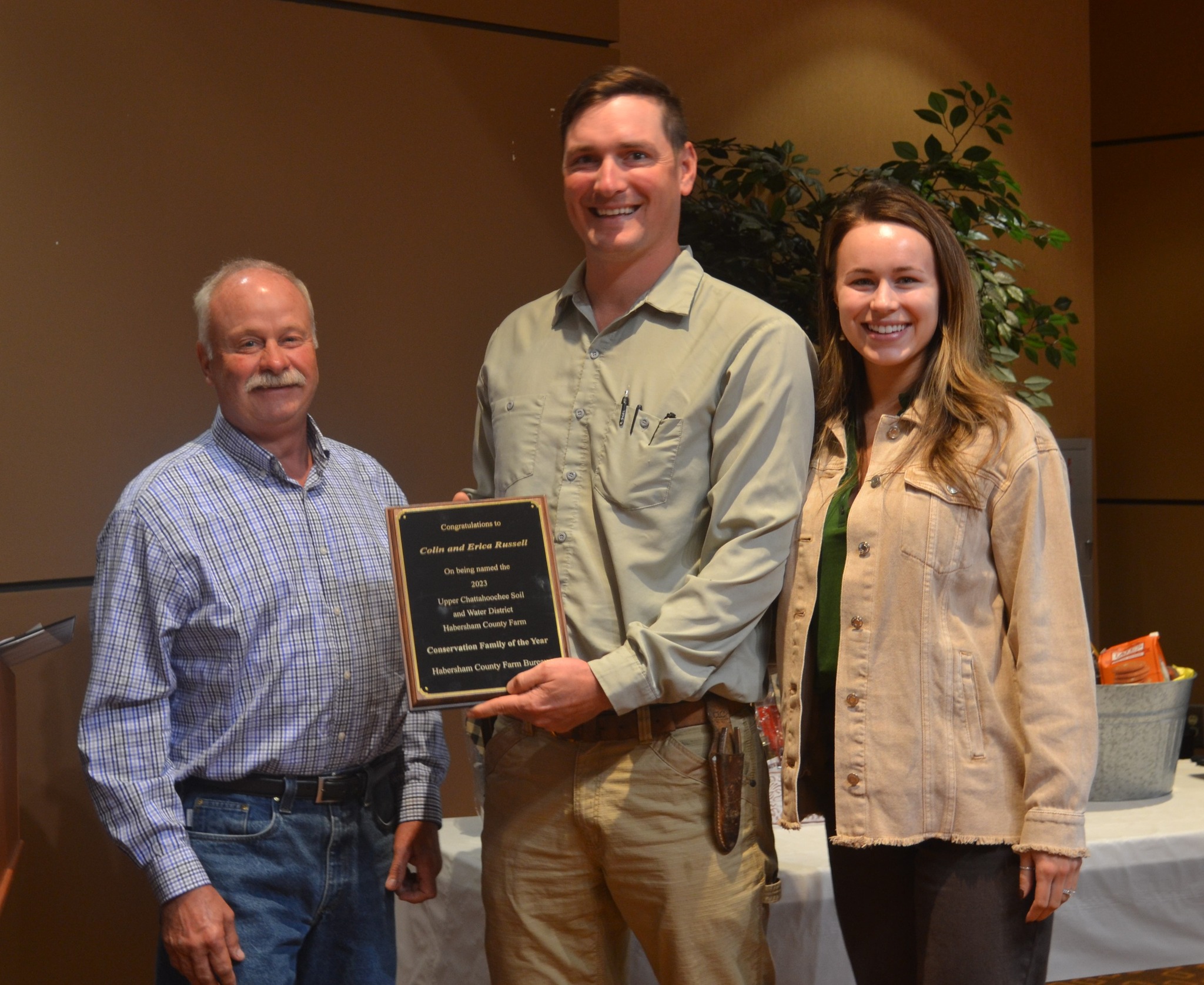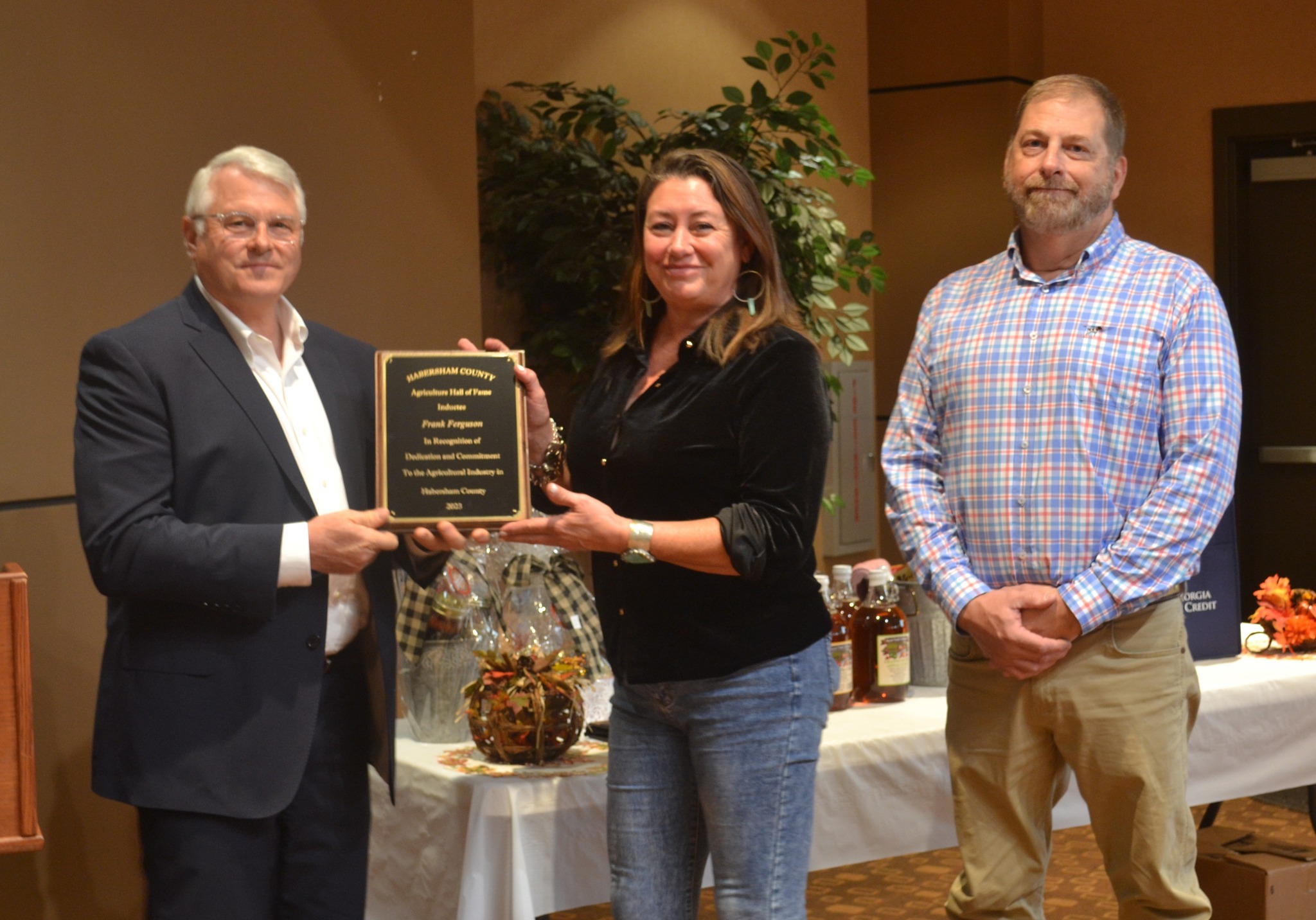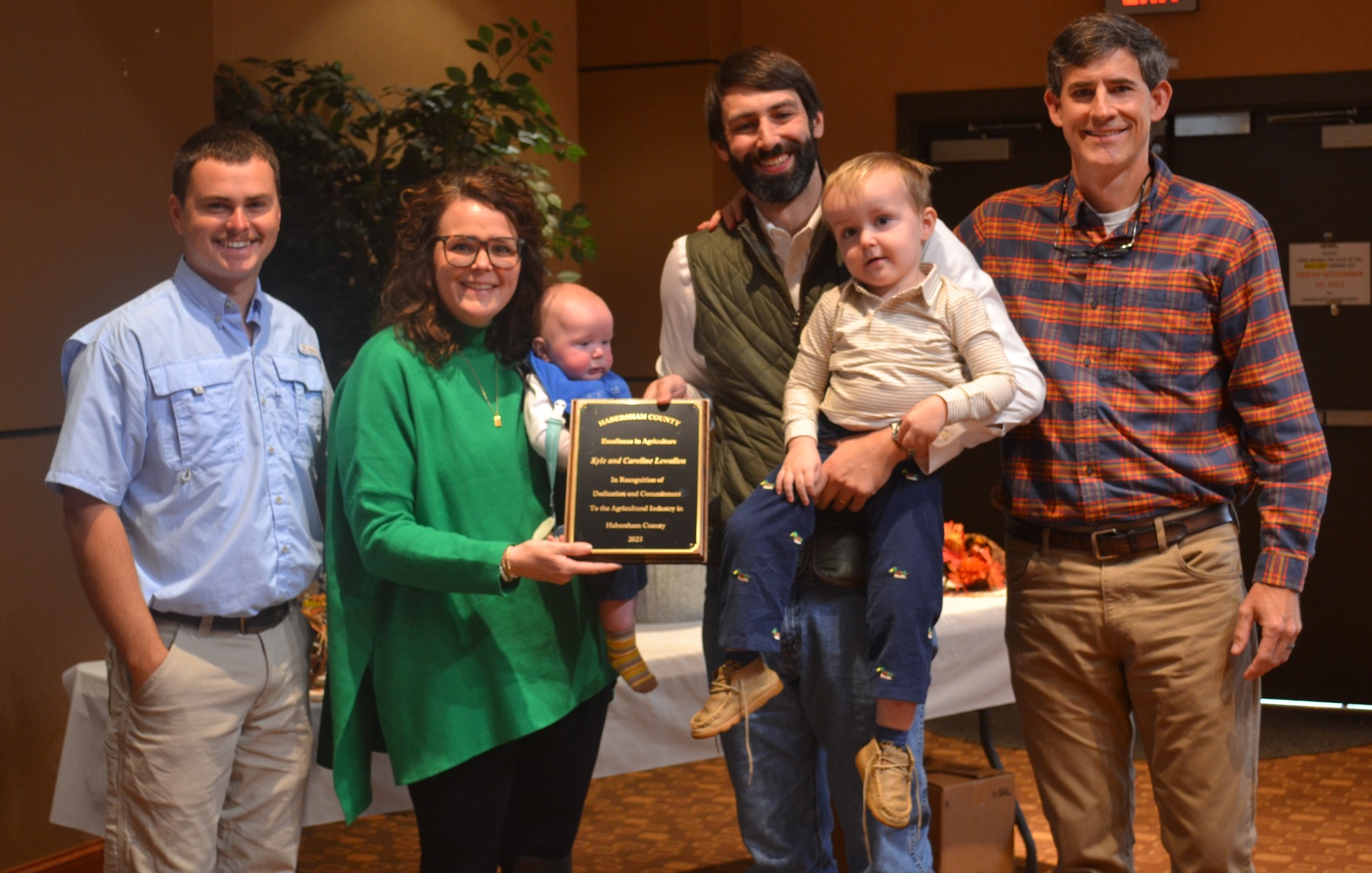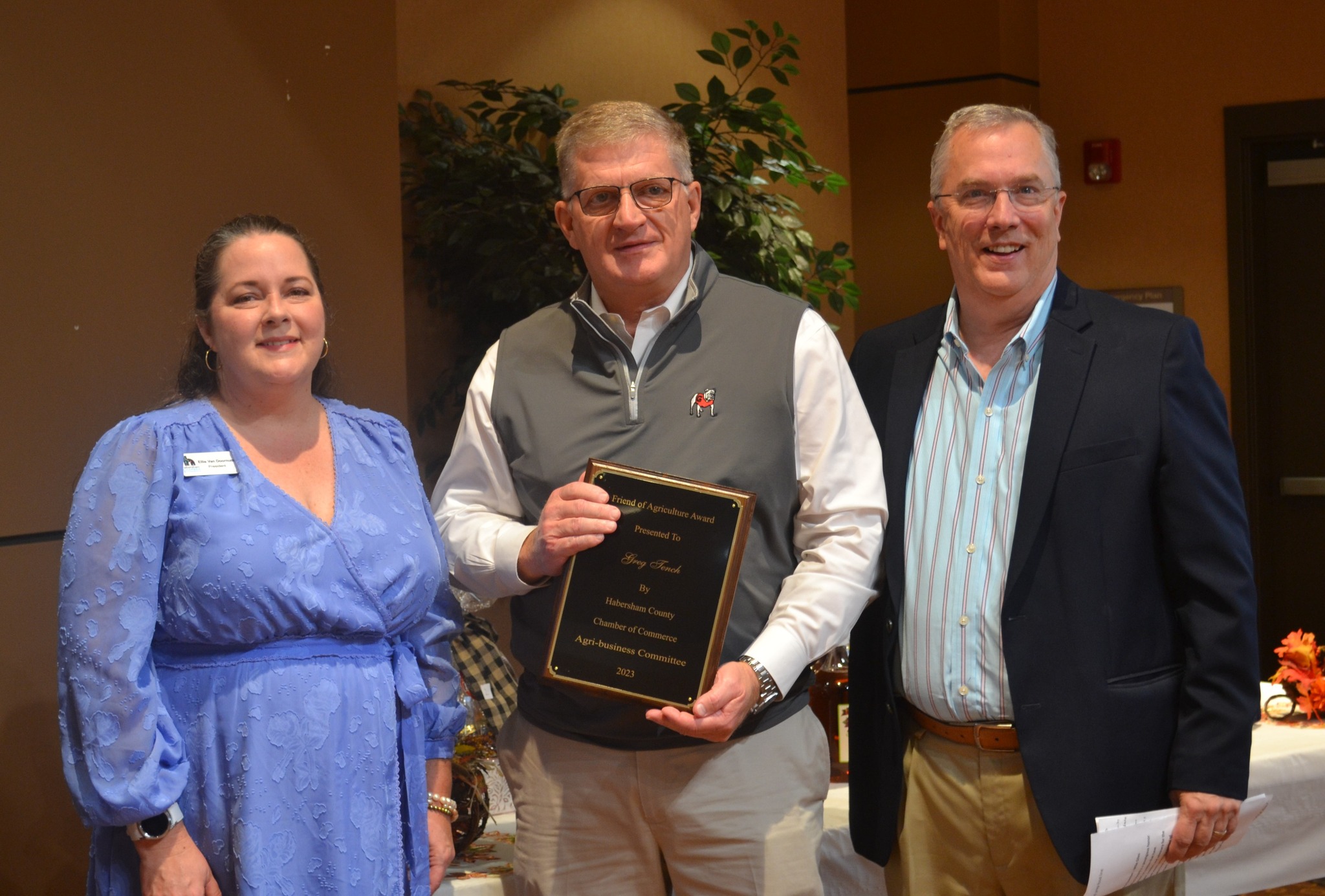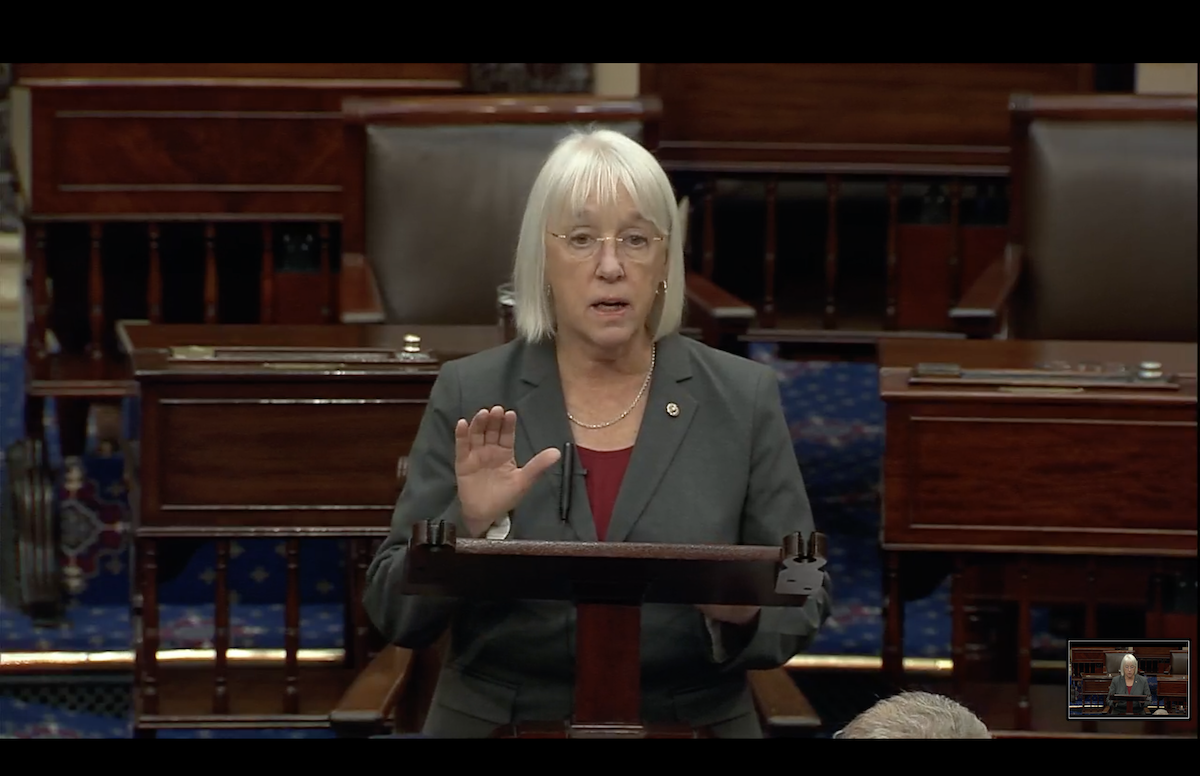WASHINGTON (States Newsroom) — After a marathon day and late-night vote to avert a Thanksgiving government shutdown, four U.S. Senate Republicans held the floor until the wee hours Thursday, urging their Alabama colleague to lift his months-long objections to hundreds of U.S. military nominations.
Sens. Dan Sullivan of Alaska, Todd Young of Indiana, Joni Ernst of Iowa and Lindsey Graham of South Carolina asked for unanimous consent on two stalled nominees and spoke on the matter until nearly 4 a.m.
Republican Sen. Mike Lee of Utah objected to both on behalf of GOP Sen. Tommy Tuberville of Alabama, speaking at length in defense of the minority party’s right to block nominations as leverage and about his own opposition to the Pentagon’s abortion policy that Tuberville is protesting. Lee’s objections meant the nominations remained stalled.
This was the second time Tuberville’s Republican colleagues brought nominees to the floor to challenge the Alabama senator’s tactic, showing how frustration has bubbled to the surface in his own party.
Pentagon officials warn that Tuberville’s freeze on promotions is disrupting the military’s chain of command. Until Nov. 1, only Democratic senators had asserted opposition on the floor.
Tuberville has objected to unanimous voice vote approval of military generals and flag officer promotions since early 2023, and now Senate Republicans are on the defense against a Democratic-led resolution that could allow the chamber to hold roll call votes on the nominees en masse, potentially saving weeks to months of precious Senate floor time.
Here’s what the senators had to say early Thursday morning:
Sullivan
Prior to speaking out against Tuberville on the floor this month, the Alaska senator joined him in collecting cloture petition signatures to bring top generals, including the chair of the Joint Chiefs of Staff, to the floor for successful votes.
But Sullivan, a colonel in the U.S. Marines Corps Reserve, said Thursday that he and fellow GOP lawmakers who are now protesting Tuberville’s strategy have “received hundreds of text messages, emails from military families saying, ‘Thank you for having our back. Somebody has our back.’”
“So we told them, we’re gonna do that, as we’re moving into Thanksgiving, my colleagues and I, we’re gonna keep our word to our military.”
“During the last two weeks, we’ve all worked hard together. Sen. Tuberville is here, Sen. Lee’s on the floor. We’re all working hard trying to resolve this. We have ideas … But the backlog grows. Right now, when the Armed Services (Committee) reports out the next batch of military (nominees), it will be 450 one-, two-, three- and four-star generals.”
The Pentagon’s latest figures show 359 nominees are stalled, and if Tuberville continues his blockade, the number could grow to between 650 and 850 by year’s end.
“This is a huge readiness challenge and a huge moral challenge,” Sullivan said.
Tuberville was present at times but did not speak on the floor during the nearly four-hour period.
Ernst
The Iowa senator said Thursday morning she “led on the effort to overturn this (Biden administration) policy.”
Ernst, a retired lieutenant colonel in the Iowa Army National Guard, twice attempted but failed to insert language into this year’s annual defense authorization bill to ban the Pentagon’s recent abortion policy.
“So, again, I am pro-military and pro-life,” she said. “I also do not relish that I am standing on the floor this (morning) as we try to bring these nominations forward, but I understand the national security risks that are out there and the detriment to readiness as we continue to hold over 450 of the finest men and women that have served their nation honorably under the flag of our nation and our uniform.”
“So I will go through one by one. I have a binder full of nominees, and I do hope our colleague from Alabama will allow us to bring them up one by one for a voice vote.”
Graham
Graham suggested a legal strategy against the Biden administration as a way for Tuberville to change course and smooth out the military’s chain of command this year.
“How do you right wrongs? You don’t create another wrong. I want to right the wrong of having abortion paid for by public taxpayer dollars from the defense coffers. I think it not only violates the Hyde Amendment, it’s just bad policy. Count me in, Coach (Tuberville), I’m with you on that, Mike (Lee). You say it’s illegal. I tend to agree with you. Go to court.”
“One way you right a wrong in America if you think a law is broken, you actually bring a lawsuit, and I think we found a way talking to (attorney) Jay Sekulow to bring a lawsuit challenging the defense policy of President Biden using taxpayer dollars to pay for transportation costs from DoD funds to perform abortions,” Graham said.
Sekulow is chief counsel of the Christian-based American Center for Law and Justice, and specializes in religious liberty and anti-abortion litigation, according to his website.
The Biden administration and Defense Secretary Lloyd Austin maintain the policy is legal, and the Department of Justice in 2022 delivered an opinion concluding the policy does not violate the Hyde Amendment.
The policy, announced in February, grants service members time off and travel reimbursement when seeking an abortion in states where it remains unrestricted. The Pentagon policy was authorized after last year’s landmark Supreme Court ruling. Roughly 80,000 active-duty female service members are stationed in states where legislatures enacted full or partial bans, according to RAND.
Young
The Indiana senator asked to take up and confirm by unanimous consent two nominees Thursday morning, Capt. Kurtis A. Mole to rise to a rear admiral of the Navy and Capt. Thomas J. Dickinson also for a promotion to rear admiral.
Lee objected both times.
“There are now tens, tens of Americans watching us on C-SPAN 2, captivated, I know, by the presentation this (morning),” Young said. “I think they’re perhaps divided. Some may look upon these proceedings and think what a functional United States Senate. Every voice must be heard — every voice must be heard. Every perspective must be delivered. Every phrase must be uttered.
“Others will say, perhaps it’s dysfunctional. Perhaps there’s an effort to obfuscate. I don’t know what they’ll conclude. But I do know that I intend to continue reading through these brave patriots, class of 1995 U.S. Naval Academy graduates, who have been nominated to the grade of rear admiral lower half, and we are very proud of them,” Young said at roughly 1:30 a.m. Thursday.
Young was among the U.S. Naval Academy’s 1995 graduating class.
He, Ernst, and Sullivan proceeded to read biographies of numerous nominees until just after 3:30 a.m.
Lee
Lee spoke for several minutes twice throughout the morning, saying that Tuberville’s strategy is “not ideal.”
“I want to be clear: The particular strategy deployed here is not mine. It’s that of a dear friend and colleague who is here with me tonight. It’s not my strategy. It is his, and it’s because it’s his that I’m here to defend him in that, notwithstanding the fact that it’s not the particular tactic that I would have chosen. He’s chosen a tactic that is legitimate and he has every right to deploy under the rules of the Senate, rules that go back nearly two-and-a-half centuries in order to protect the individual rights of each senator,” Lee said.
Lee said the blame is not on Tuberville but rather on President Joe Biden and said he “should be watching this because this is compelling television” and that he should suspend the “godless, lawless abortion travel policy.”




